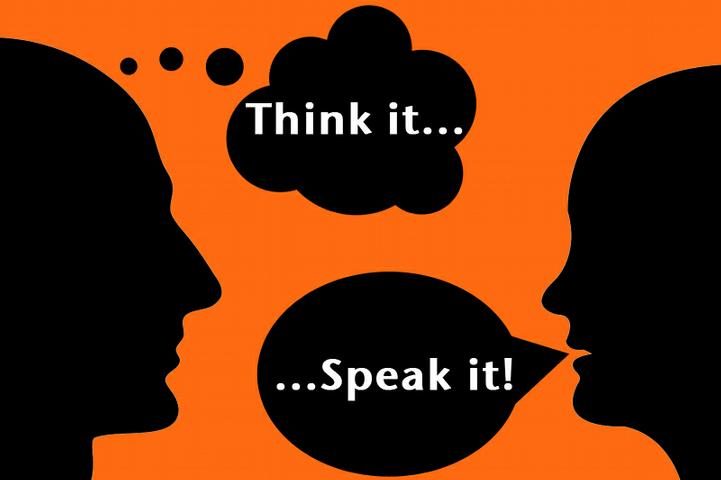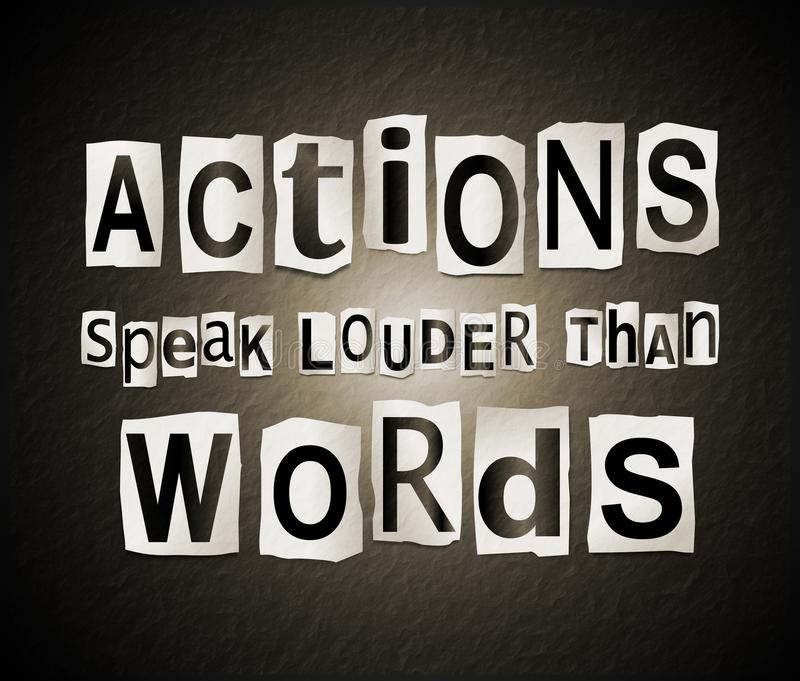You might be inclined to believe that your actions speak louder than your words, but when it comes to how you represent yourself with your words and speech, how you come across to other people is really about what and how you say it.
Why do I speak without thinking?
It is called “impulse control.” Some people have very little impulse control. This doesn’t make you a bad person. It does mean that you have to figure out ways to slow yourself down and think before speaking.
Why you need to think before you speak
1) Being careful with your words allows you to grab opportunities and get ahead in life
2) Human beings are social beings – it’s important to know how to communicate effectively
3) When we speak before we think, we say things we regret and then people get hurt
4) The words you use shape your mind
However, before you throw in the white tale, neuroscience has discovered that we have the ability to change our brains with ongoing practice on how we use our speech.
How to think before you speak
In order to think before you speak, you first need to take responsibility for the fact that you can actually control your brain and your thoughts.
Once you decide that you want to make a change in the way you communicate, you can start to pay attention to what you are saying and how you are saying it.
Use the THANKS Technique to Always Say the Right Thing
It’s a simple process that many people ignore, but it can be a game-changer in your communication skills and we’re going to teach it to you.
Here are the 6 questions you need to ask yourself before you say or write anything:
1) Is what you are going to say ‘True’?
It might be an odd place to start in conversation: asking yourself if what you are going to say is true, but unless you have it on good authority that the information you are saying is 100%, you should stop and think about it for a minute.
Before you say something to someone else, make sure it’s true. It avoids issues down the road.
2) Is what you are going to say ‘Helpful’?
You also need to stop and think whether or not the information you are conveying is going to help the person you are talking to. In some cases, we just talk without thinking about the consequences of our words, but if you are going to say something hurtful, it might be best to say nothing at all.
If you feel like what you are going to say might make someone feel bad about themselves or their lives, it might be best to keep it to yourself.
3) Is what you are going to say ‘Affirming’ for the other person?
Affirmation is not about paying someone some kind words, it’s about letting the other people know that you are listening and caring about what they are saying.
So how do you do that with your own words? Ask questions, repeat what they say, give them the space to talk, and use confirmation such as “tell me more” when you are talking to them.
Affirming another person in conversation goes a long way to make them feel like you are a good conversationalist and it keeps you out of trouble in your communication skills.
4) Is what you are going to say ‘Necessary?’
Sometimes we say things that don’t add to the conversation, but because we want to be in the spotlight it’s easier to just keep talking than to stop and think about what we are really saying.
If you are trying to improve your communication skills and want to be a great conversationalist, never say things just for the sake of saying them. Always have a reason.
5) Is what you are going to say ‘Kind’?
It’s a good idea to be kind to people when you are talking to them because you never know where they are coming from or what they’ve been through.
A part of being kind is not to make assumptions about other people and don’t accuse people of being a certain way. Always ask questions and be careful of how you phrase things so that you don’t offend people.
It might seem like a lot of work to monitor your conversations, but it’s worth it to be known as someone who cares and really listens.
6) Is what you are going to say ‘Sincerely?’
Sincerity is often overlooked because we feel like we should be saying nice things to people, even if we don’t mean it.
Why we do this is unclear, but we continue to say things to people without realizing that we don’t really mean it, or we turn around and contradict our compliments because we don’t really mean what we say.

If you want to improve your conversations, connections with people and communication skills try using the THANKS Technique and take a minute to think about how you are going to proceed. It really does work.
In conclusion, it’s not the end of the world if your communication skills aren’t up to snuff, but there’s no shame in wanting to improve how you show up in the world. Thinking before you speak means that you are showing others that you are considerate and respectful.




